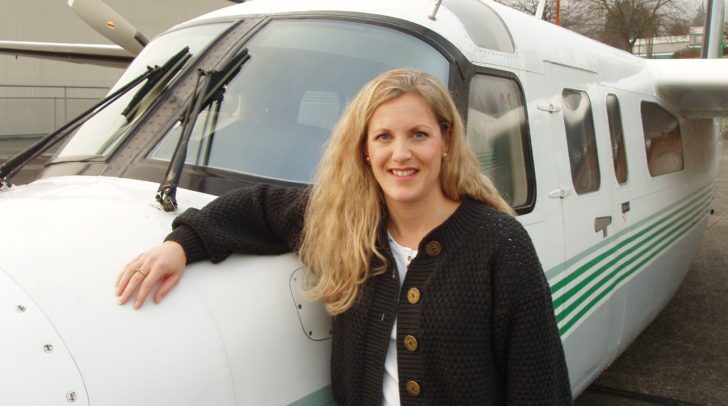By Suzanne Meiners-Levy

Bankruptcy Court Affirms a Taxpayer’s Ability to Take General Aviation Deductions for Aircraft that Supports Another Business
General aviation owners and operators are well acquainted with the ability of aircraft to build, support, and grow business operations of all sorts. The clients of our firm conduct myriad business operations ranging from farming to consulting, oil and gas to software, entertainment to medicine. They are as diverse as the economy itself. Meeting travel needs and allowing flexibility are essential roles for general aviation aircraft, but too often the taxing authorities have sought to narrow the scope of the business nature of aircraft, seeking to limit the ability to take aircraft deductions against various revenue streams. In Re: Williams, 123 AFTR 2d 2019-1736, (Bktct Ct CA), decided on April 8, 2019, the court validated the taxpayer’s election to incorporate aircraft into their business, ruling that the aviation expenses were deductible against business revenue.
Why is the decision in this case even notable, given that it seems only rational that general aviation expenses should be deductible when an aircraft is used for business? It is common that aircraft used in furtherance of business operations are owned outside of the revenue-generating taxpayer. This happens for a variety of reasons, from liability and transferability concerns to facilitating co-ownership or diversity of use. When the aircraft owners, be it a partnership or corporate entity, files a return that generates a loss, the Internal Revenue Service may seek to limit the flow-through taxpayer’s ability to deduct that loss from their other income, either by declaring it “passive” or arguing that it is not business activity. Internal Code Section 469 specifically requires a taxpayer to file an election to treat various entities and taxpayers as a single activity for determining that passive or active treatment, retaining authority in the Commissioner to determine if a taxpayer’s election is rational and supportable.
In this case, the debtor engaged in rental real estate and management activities. Additionally, they owned and operated two aircraft in a separate leasing entity that they then provided, pursuant to a lease agreement, for use to the real estate entities to support the real estate activity. The court indicated that a taxpayer “may use any reasonable method of applying the relevant facts and circumstances in grouping activities,” citing 26. C.F.R. § 1.469-4(c) (2), etc. Recognizing the commonality of ownership, the interdependencies of the entities, and the support that the aircraft leant to the income-generating activity of real estate, the court provided that grouping was appropriate and allowable. The court said “the aircraft activity and the management activity of the Rental Real Estate may constitute a single activity with the activity of Rental Real Estate Entities as opposed to be separate trade or business activities of a debtor in their own.”
This decision is an excellent example of a court considering the reality of how aircraft are operated to support businesses, and affirms the deductibility of business aviation expenses. What lessons can general aviation operators take from this decision? First, it emphasizes the importance of filing an election or disclosure, consistent with Revenue Procedure 2010-13, informing the IRS of the activities that a taxpayer seeks to group for the purpose of determining the nature and scope of the undertaking. Second, it is a reminder that the Internal Revenue Code gives knowledgeable and diligent taxpayers significant flexibility in business operations and in incorporating aircraft into those operations provided that there is on overlying profit motive and business intent. This is an important decision in a body of caselaw that affirms the utility of business aviation.
Suzanne Meiners-Levy, Esq. is a Shareholder in Advocate Consulting Legal Group, PLLC, which serves the needs of general aviation clients throughout the country. For more information see www.advocatetax.com.
